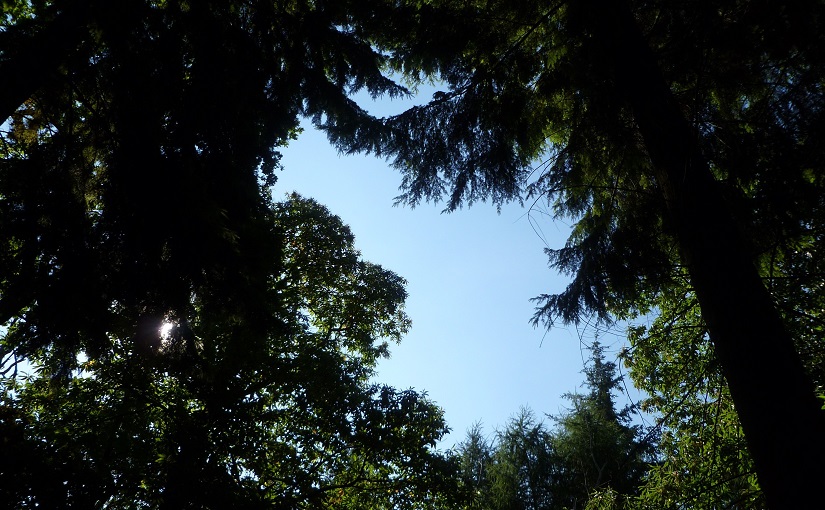Looking to education, it’s often said we should be drawing out what’s in the person – their unique talents, insights, experiences, concerns. Which, of course, must be an important part of that process. But is it all there is to it?
It’s a comment often arising alongside reflections on the root of the word, educare: to lead, bring out or develop potential. But what’s the picture there? Is it of children living as in a dark cave, needing to be led into the light of day? Is that a picture of ignorance into enlightenment? Or are the child’s capacities metaphorically in that cave, to be coaxed out and strengthened?
Doesn’t the picture we have in mind make a world of difference? It’s this age-old debate between innate capacities and the need for socialisation into the adult realities of environment; which, in practice, leads to compromises as we effectively hedge our bets (see Notes One).
Even if that’s the case, could the answer actually lie in that middle ground anyway? Yes, we bring ourselves with us as we navigate life; but we must also understand how our world came to be as it is. Maybe we need that balance of integration there.
Just as young people aren’t blank slates within some hypothetical environment, there’s a backstory to society. We bring our complexities to life, the product of our formative interpersonal, emotional, and physical development; and likewise, the world we’re in has its complex, imperfect, but valuable past.
Much as education works better if we engage the experiences and interests of each child in the process of learning; surely, we need to honestly unpack the world’s realities? Knowing how we got here: decisions that were made, their foreseen or unforeseeable consequences, the aims in mind, and an impartial appraisal of where things stand must give a surer footing for deciding what’s next? (Notes Two)
At times we seem keen to discount the past; sweep it away and walk forward with what we have. Personally, I’ve always tended to look for meaning: to understand why things happened, what lessons are there to be learnt. But that’s tricky. With an individual or society, the convergence of factors at play is almost impossible to gain certainty over. Yet we all emerge from such a past.
While it might be tempting to just forget that, put it in the ‘too difficult’ pile and get on with the relentless demands of life, what does it mean to do so? To forge on with what we have, working our way into the best spot we can then battling to hold our ground economically, socially, emotionally and psychologically.
What is it to detach from the past? To take the good, forget the bad, and cast aside the intentions, insights and experiences of previous generations. It’s not quite a picture of people emerging into a full, compassionate, yet evaluative understanding of their world; learning to relate authentically, respectfully and considerately to what surrounds them; then working together in making that better.
Notes and references:
Note 1: Education with the future in mind
Note 1: Ideas around education & responsibility
Note 1: The social metaphor of education
Note 2: Able to see what matters?
Note 2: The idea of self reliance
Note 2: Dealing with imperfection
Note 2: Common knowledge
Thoughts around attitudes to the past, among other things, were the subject of Respect, rebellion & renovation.

